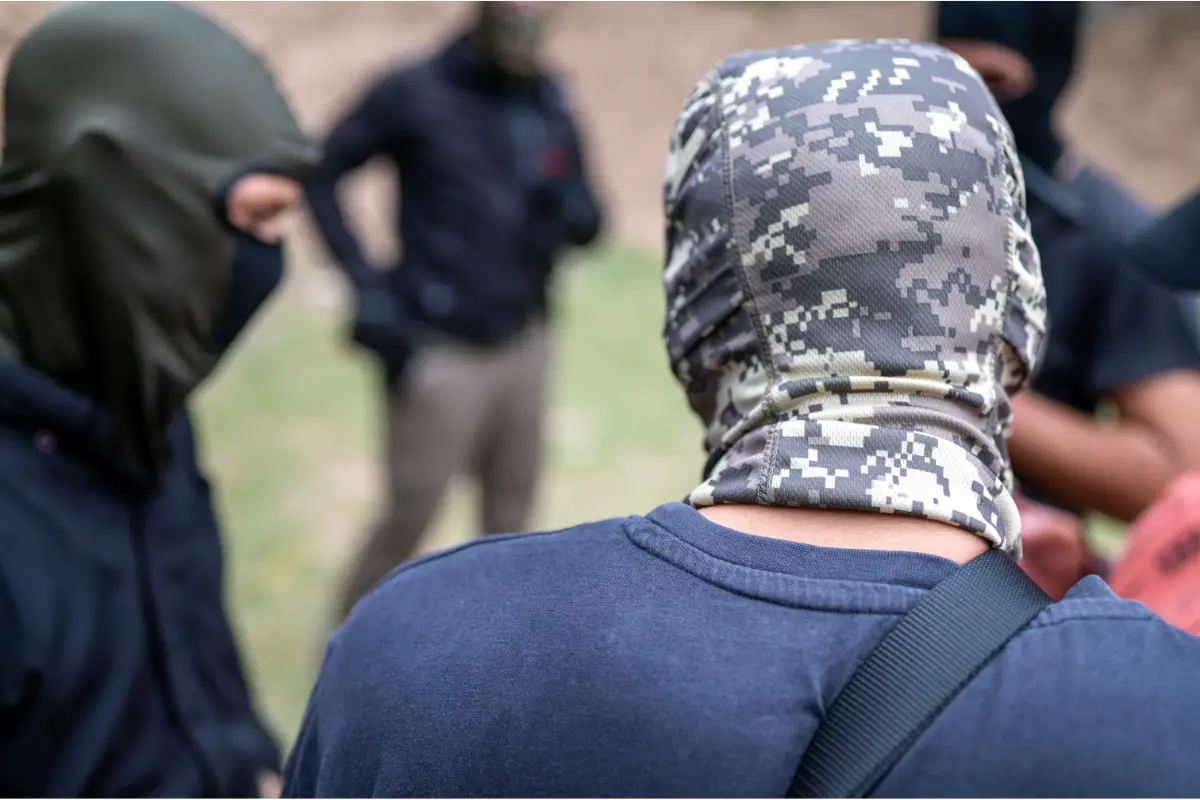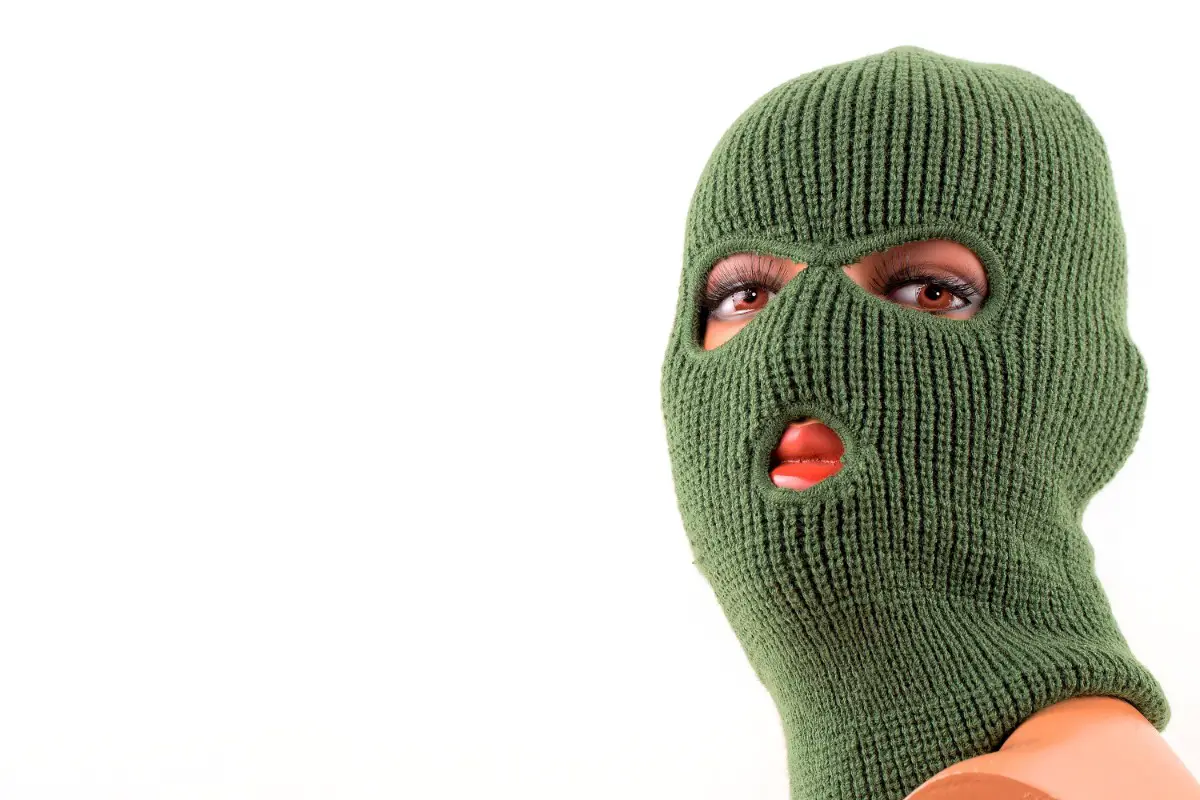Want to buy or wear a balaclava this winter but not sure of the cultural implications of doing so? Is wearing a balaclava considered a form of cultural appropriation or not?
Well, here is your guide to this delicate topic:
Are Balaclavas a Form of Appropriation?
Wearing a balaclava isn’t a form of appropriation as it is a head covering that is meant to keep you warm during the winter months – however there is a bigger conversation surrounding the privilege of wearing such coverings in public spaces.
Can Anyone Wear a Balaclava?
There are no restrictions to wearing a balaclava. This item of clothing originated in Eastern Europe and can be considered a core part of the clothing culture there.

Nevertheless, Balaclavas don’t have cultural symbology. They are simply associated with such countries due to the extreme cold experienced during the winter months.
Due to this anyone, from any country, race, or ethnicity can wear a balaclava without issue.
If this is the case, then why have there recently been so many conversations about culture?
It is a complicated answer…
The Balaclava vs. Other Head Coverings
The Balaclava has recently become internet famous and is now the must-have accessory for the winter months.
The balaclava is all over social media, TikTok, in particular. You have young people modeling Balaclavas, showing others how to knit one themselves, and how to create an outfit around it.
In essence, the balaclava has become widely accepted now.
This rise in popularity has caused many people of the Muslim faith to muse about how unfair it is that balaclavas as seen as acceptable. This is despite the fact that many women who wear hijabs and other head coverings continue to face discrimination and even harassment.
In fact, in certain countries and cities, hijabs are banned in public. However, there aren’t any such restrictions about wearing a balaclava outdoors.
The reason that the balaclava has drawn ire is that the balaclava has European roots while the Islamic faith is associated with the Middle East and African countries.
The fact that the balaclava is accepted, and that the hijab is not, is a clear sign of racial favoritism. Due to this, many people are outraged that Caucasian individuals can wear a balaclava in public without any backlash while they can’t do the same while wearing a balaclava.
The Privilege of Wearing a Balaclava
There is also the fact that it is a privilege to wear a balaclava without facing any issues in public. After all, the balaclava is a head covering that covers most of your head and sometimes even part of your face.
This is sort of like a hoodie does. The problem that in many countries, brown or black men wearing hoodies is a sign that they are dangerous, in a gang, or likely to hurt someone else. These myths have been perpetuated despite the lack of evidence.
There have been instances of black and brown men being shot by the police and even members of their community simply because they have been wearing a hoodie.
However, when someone who is Caucasian wears a balaclava, they are not faced with the same kind of suspicion.
This is another reason that balaclavas have been coming under fire. It is not that there is anything wrong with this item of clothing. Instead, it has more to do with the fact that it is an accessory of privilege. It is only people who look a certain way that can wear the balaclava without issue.
Should You Wear a Balaclava?
Of course, what you are probably interested in is whether or not it is alright for you to wear a balaclava in public.

Yes, it is as it has no real cultural ties to a particular nation or belief system. That being said, it is important to be aware of the privilege that you have to wear a balaclava.
It is also a good idea to be aware of your own attitudes towards people wearing hijabs and other cultural head coverings. If you see them being discriminated against or harassed either in public or online, it is best to stand up for them.
After all, they don’t enjoy the same privilege as you to wear whatever they want in public.
The other thing you may want to do is to wear the balaclava as it was intended – as a way to stay warm in the winter months. Do this as opposed to wearing it as a fashion accessory.
Is Wearing a Balaclava Cultural Appropriation?
No, wearing a balaclava isn’t a form of cultural appropriation and is largely seen as a type of clothing that protects you from the cold weather – however, wearing a balaclava when hijabs and hoodies for people of color is a contentious topic does create a system of privilege.
